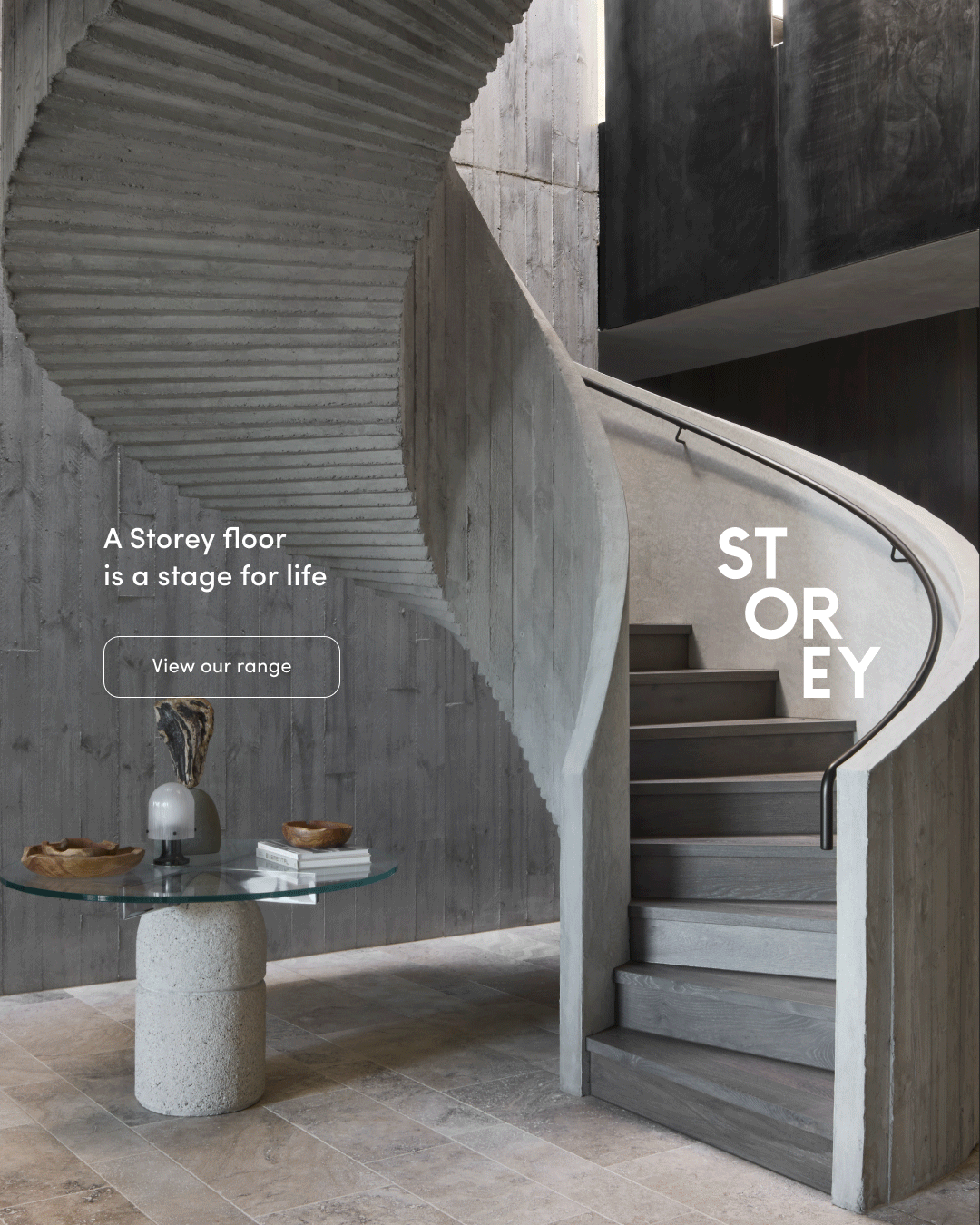
The Long Game – Neometro
Very few can claim to having guided the changing landscape of Melbourne’s built environment. Neometro is a notable exception. Founded in 1985 by Jeff Provan and Barry Ludlow as an integrated architecture and interior design practice, it has delivered compelling developments for over three decades – responding to, fostering and creating communities in the process. There have been various transitions and shifts – Jeff is now joined by James Tutton and Lochlan Sinclair as Co-Directors, and the focus is more firmly on property development. However, one thing hasn’t faltered in this time: the constant pursuit of good design.
Many of Neometro’s motivations lie in the idea of longevity – in thinking, designing and building. The company’s 35-year-strong history speaks volumes, and its fourth B Corp recertification is highly indicative of its positive social and environmental impact. It is an approach that applies on many levels. The company’s philosophy around longevity refers to design in a broad sense – it pertains to its built contribution, but also to its community involvement and endeavours such as its in-house publication, Open Journal. As Jeff notes, “design is very much part of our DNA and always has been.” Lochlan directly echoes this, saying, “it doesn’t matter whether it’s marketing, sales or project management – I believe there’s a degree of design thinking in every exercise.” He adds, “it’s a philosophy that underpins our approach to everything.”
As Co-Director Lochlan Sinclair says of Neometro’s buildings, “there’s an honesty and a humility to them. They don’t scream out at you on completion and then feel aged a couple of years later. They look like they’ve always been there when they’re finished, and they’ll look just as good in 20 years’ time.”
A Neometro building ‘wears in, not out’, the saying goes – encouraging transitions, flexibility and a longer lifetime. This is evident in the graceful ageing of some of its early projects in St Kilda – Luxe and Mirka Lane, built in 1998 and 2000 respectively – where robust low maintenance materials alongside a deep consideration for context have settled these structures into their surrounds. As Lochlan says of Neometro’s buildings, “there’s an honesty and a humility to them. They don’t scream out at you on completion and then feel aged a couple of years later. They look like they’ve always been there when they’re finished, and they’ll look just as good in 20 years’ time.” Each of Neometro’s projects is conceived on the basis that it will last and be loved by its residents – or, as Jeff calls them, “the caretakers”. He says, “it’s very important for us to build that community so they enjoy, understand and cherish the building. It’s an investment.” And Jeff’s clearly invested too – he’s been known to clear weeds and pick up rubbish out the front of the company’s completed projects.
Neometro’s design-focused, socially-conscious approach to property development is beautifully illustrated once again at Jewell Station Village in Brunswick. The project spans several multi-residential and mixed-use buildings, encompassing significant heritage revitalisation and urban renewal. Jeff says the latest addition to the precinct, Nine Wilson Ave, has been a valuable lesson in developing a community within a building. “Evolving that side of a project has been a real learning curve.” He cites notice boards, shared bike lock ups with tools, social media networks and rooftop gardens as key in helping residents get more out of a building. “The rooftop gardens mean that, from the get-go, there’s this idea of people meeting each other. It’s been an extraordinary bond-builder for residents because they head upstairs in a relaxed mode, turn a bit of soil and share stuff.”
The landscape of architecturally designed and socially led development in Melbourne is much denser now compared to 35 years ago. Shying away from the idea of a pioneer – although many would argue otherwise – Jeff is gladdened by the increasing volume of multi-residential housing created with a conscience. “There are probably half a dozen developers who we see as our competitors, which is good, and we really bring that on – we encourage it – because our projects can now be valued alongside them,” he says. It’s certainly a positive thing for the industry, and for the built environment; it’s how most would agree we want to see our cities progress, and Neometro is determined to stay at the forefront of this movement. As Lochlan notes of the company’s competitors, “if you assess our marketing on face value, we all say the same thing. Everyone is design-focused, high quality, sustainable – everyone uses the same language and terms, so it’s much more competitive,” he says. “But those kinds of statements aren’t false for us, it’s genuinely who we are and how we approach things.”
This authenticity, paired with an unwavering clarity on its identity and ambitions, will see Neometro endure, hopefully, for another 35 years at least. Its invariable yet exciting portfolio of work is a continuous enquiry into the company’s philosophy surrounding design and people – and, as Jeff says, it’s ever evolving. “A building is quite a complex beast so you can’t always get it 100 per cent right – keeping in front of the wave is a continual involvement.”

![Book Flatlay Cover Front Transparent Trio[1]](https://d31dpzy4bseog7.cloudfront.net/media/2024/06/07080212/Book_Flatlay_Cover_Front_Transparent_Trio1.png)





































